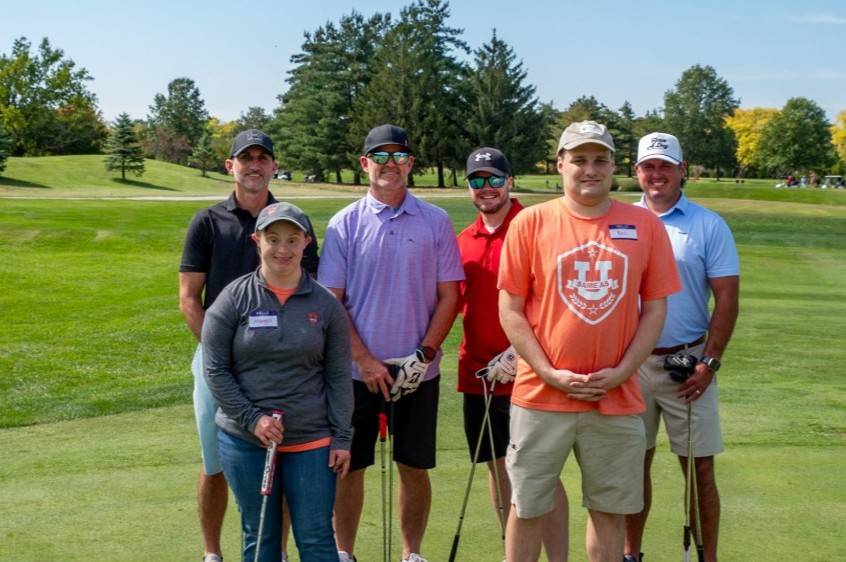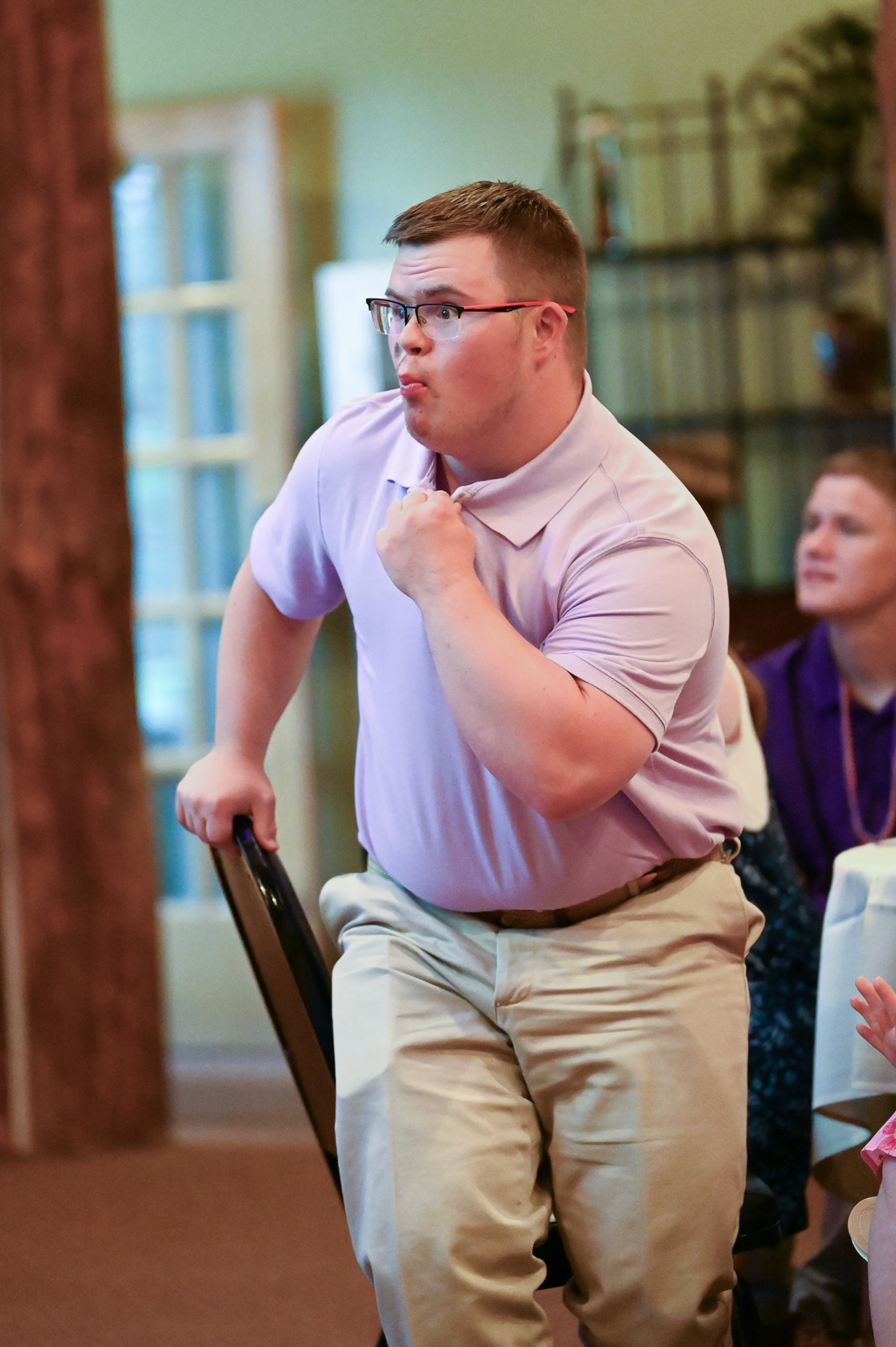I recently watched an inspiring documentary about a summer camp (Crip Camp) for teenagers with disabilities. One of the producer/directors of the film attended the camp in the early 1970s. It was amazing to me that these campers formed lifelong bonds based on their shared experiences.
The supportive relationships that were planted decades ago grew stronger through the years and helped launch the disability rights’ movement, which eventually led to the passage of the Americans with Disabilities Act in 1990.
Many young adults form these same types of bonds with high school and college friends. Their shared experiences of navigating young adulthood with all the “firsts” that come with it (first boyfriend, first job, etc.) bond them together, sometimes for life.
Young adults with developmental disabilities have the same need and desire to form social bonds with others; even more so when they leave the structure and built-in social opportunities of high school.
After graduation, many young adults experience social isolation and subsequent increased deficits in social skills; their friends have gone off to college or full-time employment, leaving them behind and without the support of peers. Even adults with autism who might appear to prefer nonsocial situations express a desire for social connectedness and friends (Jaswal & Akhtar, 2019).
A supportive, safe environment in which to practice relationship skills can assist these individuals in developing friendships.
Routine social interaction and peer friendships provide tangible benefits for young adults with developmental disabilities. Programs that are structured with rules have minimal turnover and involve people with similar age-and-stage characteristics are favored by adults with developmental disabilities (Giummarra et al., 2022). The benefits of this kind of social interaction are numerous and include:
Increased levels of happiness
Reduced levels of stress
Decreased symptoms of depression
Increased confidence, independence, and self-advocacy
Improved social participation which often leads to increased physical activity
To provide maximum benefit, the quality and type of social interaction matters. Adults with developmental disabilities need more than just friendships within their family or with paid therapists and other support personnel (Amado et al., 2013). Although these people are important and even crucial, expanded friendships play a significant role in a person’s sense of well-being. Expanded friendships include friendships with peers with developmental disabilities, as well as in the general community; friendships that include both giving and receiving support.
Seeing the same people at the same place and at the same time promotes and strengthens friendships.
And, interacting with each other in meaningful ways, such as in a shared project or activity, helps create a sense of belonging. That’s what happened at Camp Jened (Crip Camp) in the 1970s and that’s what created a generation of activists. It makes me wonder what a group of young adults with developmental disabilities could do to change their world! Many would jump at the chance to be involved in something bigger than themselves that could create positive change in the world around them, all while being surrounded by friends who share their interests and passions.
“Community is the sense that one is part of a readily available, mutually supportive network of relationships.”
– John O’Brien, a founder, and advocate of Person-Centered Planning
For more information:
Giummarra, Randjelovic, and O’Brien (19 Aug 2022). Interventions for social and community
participation for adults with intellectual disability, psychosocial disability or on the autism spectrum: An umbrella systematic review. Frontiers in Rehabilitation Sciences, vol. 3.
Jaswal, V., & Akhtar, N. (2019). Being versus appearing socially uninterested: Challenging
assumptions about social motivation in autism. Behavioral and Brain Sciences, 42, E82. doi:10.1017/S0140525X18001826
Wilson, N.J., Jaques, H., Johnson, A. and Brotherton, M.L. (2017), From Social Exclusion to Supported
Inclusion: Adults with Intellectual Disability Discuss Their Lived Experiences of a Structured Social Group. J Appl Res Intellect Disabil, 30: 847-858. https://doi.org/10.1111/jar.12275



